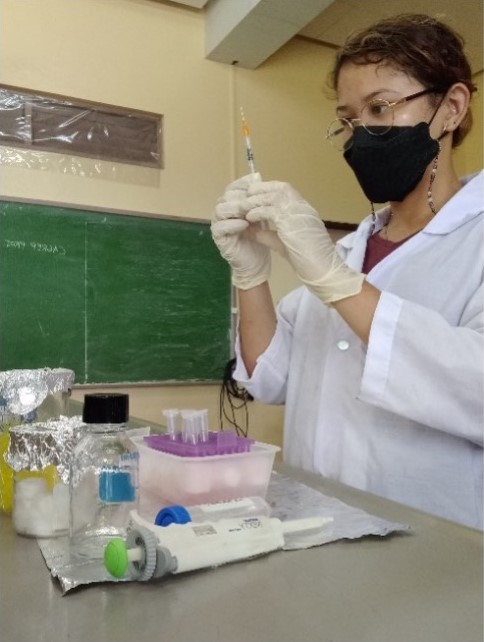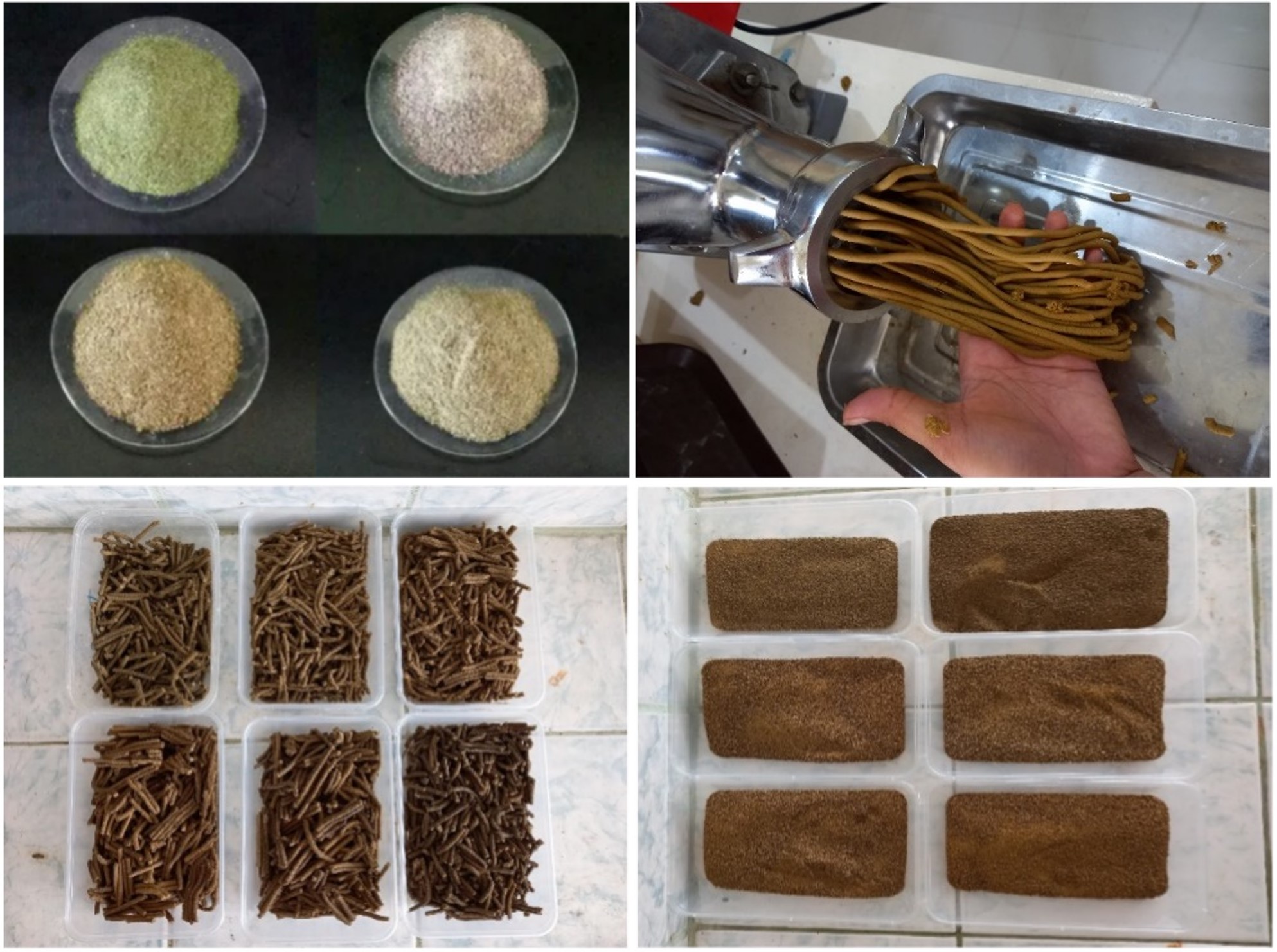
A team of researchers from the Institute of Aquaculture at the University of the Philippines Visayas (IA-UPV), in collaboration with Trading Room Incorporated (Inc.), has developed a seaweed-based eubiotic feed supplement that significantly improved the growth performance and feed conversion efficiency of cultured tilapia, shrimp, and milkfish.
The project is part of the Department of Science and Technology-Science for Change Program’s (DOST-S4CP) Collaborative Research and Development to Leverage Philippine Economy (CRADLE) funded by DOST and monitored by the DOST-Philippine Council for Agriculture, Aquatic and Natural Resources Research and Development (DOST-PCAARRD).
The collaborative efforts of the UPV-IA, DOST, and Trading Room Inc., a private company involved in the business of developing seaweed-based products for the animal growing industries, yielded a feed supplement that improved the productivity and sustainability of culturing farmed aquatic species.
The developed seaweed eubiotic supplement significantly improved the Feed Conversion Efficiency (FCE) and the growth performance of cultured aquatic animals (e.g., tilapia, white shrimp, and milkfish) to about 30 to 50 percent (%) and 40 to 60%, respectively.
Eubiotics are dietary supplements that improve gut health and enhance physiological health and performance of an organism. Faster growth and efficient feed conversion are two indices that define the profitability and success in an aquaculture business. Faster growth and better feed conversion translate to faster harvest time and better profit gain since feeds are efficiently converted into body tissues. The research findings under these collaborative efforts through the CRADLE Program showed that the essential indices -- growth rate and feed conversion ratio that define the operational success in aquaculture are significantly enhanced with the use of the seaweed-based eubiotic supplement.
Furthermore, significant improvement in growth as influenced by the developed eubiotic supplement has been attributed to the activation of growth-related genes and enhancement of stress tolerance responses. Stress is a major factor that decreases growth response in farmed aquatic animals and results in better stress responses when the animals are fed with the eubiotic supplement developed under this project.

This developed seaweed eubiotic supplement also improved the gut health of the cultured tilapia, shrimp, and milkfish. Two-fold improvement in terms of beneficial lactic acid bacteria count was found in animals fed with the developed eubiotics. The significant increase in gut lactic acid bacteria as influenced by the eubiotic supplement also resulted in a decrease in count of other gut bacteria.
Collectively, these results strongly suggest that the developed seaweed-based eubiotics can be an important supplement to enhance the productivity of cultured tilapia, shrimp, and milkfish in the country. Application of this supplement can increase the economic gains of Filipinos venturing in aquaculture.
